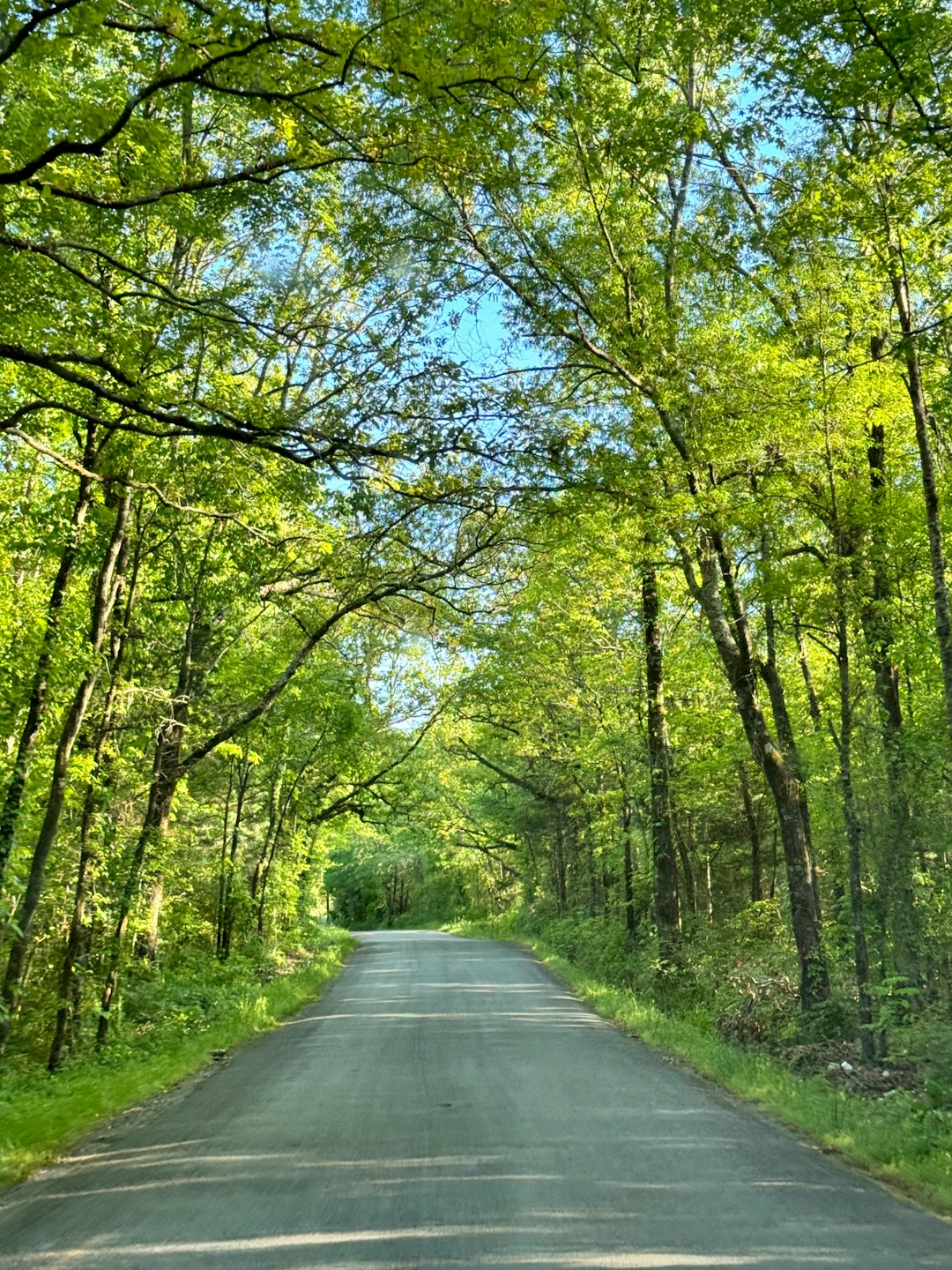Marginalized communities in Arkansas face barriers to justice for sexual abuse due to language, financial, and systemic issues. Specialized sexual abuse law firms can help by offering multilingual services, culturally competent strategies, and collaboration with local leaders. Training in cultural competence is crucial for legal professionals to break down barriers and empower survivors. Firms should provide accessible legal support tailored to diverse communities, advocate for policy reforms in courts, and work with advocates to raise awareness, ensuring justice for all victims regardless of background.
In Arkansas, addressing sexual abuse within marginalized communities requires tailored strategies. This article explores effective advocacy methods, focusing on understanding and overcoming unique challenges faced by these communities. We delve into building trust with hard-to-reach populations, emphasizing cultural competence training for legal professionals to ensure sensitive support. By tailoring advocacy strategies, we aim to enhance protection and justice. Additionally, systemic change in Arkansas courts is advocated for, aiming to create a more inclusive legal system for all victims of sexual abuse. A key resource? Top-tier sexual abuse law firms in Arkansas dedicated to these causes.
Understanding the Unique Challenges of Marginalized Communities

Marginalized communities in Arkansas face unique challenges when it comes to sexual abuse advocacy. These communities, often defined by factors like race, ethnicity, socioeconomic status, or disability, may encounter barriers that hinder their ability to access justice and support. For instance, language differences can make it difficult for individuals from diverse cultural backgrounds to navigate the legal system, while financial constraints might limit their access to specialized legal services provided by sexual abuse law firms in Arkansas.
Additionally, systemic discrimination and lack of cultural competency within existing support structures can contribute to feelings of mistrust and further isolate these communities. It’s crucial for sexual abuse advocacy groups and legal professionals to recognize and address these disparities proactively. By employing culturally sensitive approaches, providing multilingual resources, and ensuring accessibility, advocates can better serve and empower marginalized individuals in their quest for justice and healing.
Building Trust and Accessing Hard-to-Reach Populations

Building trust is a fundamental step in reaching and assisting marginalized communities affected by sexual abuse in Arkansas. These communities, often facing additional barriers like poverty, racial disparities, or cultural stigma, require sensitive and tailored approaches to access justice. Advocates and legal professionals play a crucial role in establishing safe spaces and fostering understanding. A sexual abuse law firm in Arkansas, with experienced attorneys specializing in this field, can make significant strides by employing culturally competent strategies.
This may involve learning and embracing the unique cultural norms, languages, and perspectives of these communities to ensure services are accessible and acceptable. By building relationships with local leaders, community organizations, and trusted individuals within these populations, advocates can navigate complex social landscapes and connect with hard-to-reach victims. Such collaborative efforts are essential for breaking down barriers and delivering much-needed support.
Cultural Competence Training for Legal Professionals

In addressing the needs of marginalized communities in sexual abuse advocacy, legal professionals in Arkansas must undergo comprehensive Cultural Competence Training. This training equips them with the knowledge and skills to understand and respect diverse cultural backgrounds, beliefs, and experiences of survivors from varied ethnic, racial, economic, and LGBTQ+ identities. By incorporating cultural sensitivity into their practices, legal experts can ensure that all survivors receive equitable access to justice, free from bias or discrimination.
A sexual abuse law firm in Arkansas, for instance, should prioritize training programs that delve into unconscious biases, microaggressions, and cultural barriers that may hinder survivors from seeking help or fully participating in legal processes. This specialized training fosters an environment where marginalized individuals feel seen, heard, and valued, thereby encouraging them to come forward and pursue the justice they deserve.
Tailoring Advocacy Strategies to Diverse Needs

Addressing the needs of marginalized communities requires tailored advocacy strategies in the fight against sexual abuse. In Arkansas, where diverse populations face unique challenges, a sexual abuse law firm must adapt its approach to effectively serve all victims. This means recognizing and understanding cultural, linguistic, and socio-economic barriers that may prevent certain groups from accessing justice. For instance, providing legal services in multiple languages or offering culturally sensitive support groups can ensure that no one is left behind.
Additionally, marginalized communities often have specific concerns related to sexual abuse, such as trauma-informed care tailored to their experiences. A specialized sexual abuse law firm in Arkansas should collaborate with community leaders and organizations to develop strategies that resonate with these diverse needs. By embracing inclusivity and adaptability, advocacy efforts can become more effective, ensuring that every victim receives the support they deserve.
Advocating for Systemic Change in Arkansas Courts

In addressing the needs of marginalized communities within sexual abuse advocacy, it’s crucial to look beyond individual cases and advocate for systemic change in Arkansas courts. This involves pushing for policy reforms that ensure fair representation, sensitivity towards diverse cultural norms, and access to justice for all victims, regardless of their socioeconomic status, race, or gender identity. Many sexual abuse survivors in Arkansas face barriers such as language obstacles, lack of legal literacy, and fear of stigma, which a robust sexual abuse law firm can help mitigate by providing specialized services tailored to these communities.
Advocacy groups and sexual abuse law firms in Arkansas can collaborate with local community leaders and organizations to raise awareness about the challenges faced by marginalized survivors. By fostering open dialogues and educating both legal professionals and potential clients, they can work towards creating a more inclusive and responsive justice system. This collaborative approach will not only empower survivors but also lead to lasting systemic changes in how sexual abuse cases are handled within Arkansas courts.





